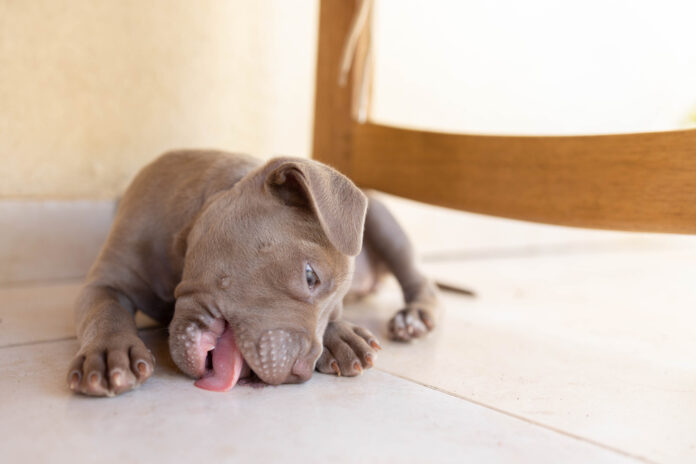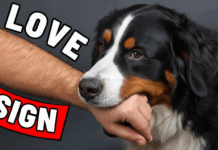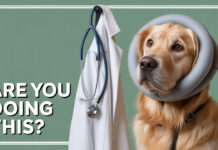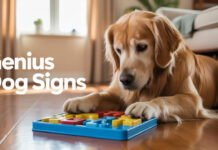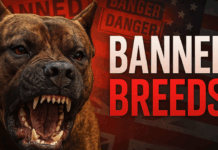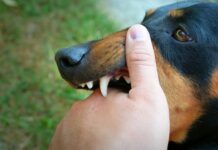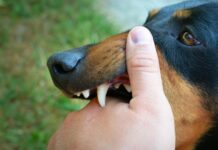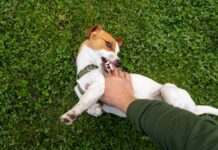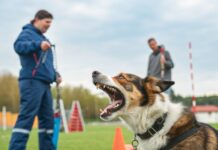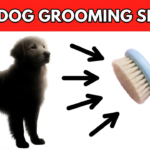Last Updated on August 9, 2024 by Dog Lover
Dogs can exhibit behaviors that seem unusual, but eating poop—or coprophagia—is actually quite common, especially in puppies.
This behavior should be discouraged to prevent health risks like parasite reinfection and other hygiene issues.
Sometimes, it might indicate a deeper health problem. Coprophagia can be puzzling, but understanding the reasons can help manage this behavior.
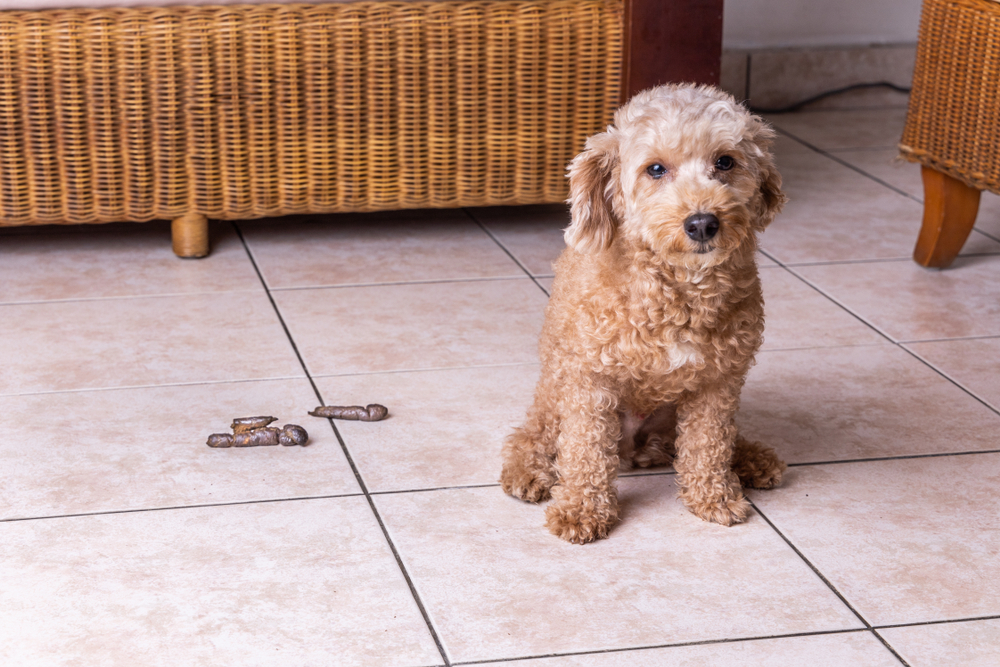
Why Do Dogs Eat Their Poop? Common Reasons
1. Natural Puppy Behavior
Puppies are naturally curious and may eat poop during their growth phase. They often learn this behavior from their mothers, who clean them by eating their feces.
While usually harmless, eating other animals’ feces can be dangerous and should be discouraged.
2. Maternal Instinct in Nursing Dogs
Nursing dogs clean their puppies by licking them, which may involve ingesting feces. This behavior ensures a clean environment for their young.
3. Instinctual Behavior
Some experts believe that eating poop is an inherited trait from wolves. Wolves consume fresh feces to avoid intestinal parasites, which might be why dogs prefer poop less than two days old.
This instinctive behavior could serve as a protective measure against parasites.
4. Anxiety and Stress
Coprophagia may be linked to anxiety, as dogs sometimes engage in this behavior to cope with stress.
Changes in environment, loud noises, or discomfort can trigger anxiety, leading to behaviors like eating poop.
5. Isolation or Confinement
Dogs raised in confined or isolated conditions may develop coprophagia. Rescue dogs with past abuse or neglect experiences might exhibit this behavior as a coping mechanism.

6. Seeking Attention
Dogs may eat poop to gain attention if they notice a strong reaction from their owners.
Overreacting when you catch your dog doing this might encourage the behavior, so staying calm is crucial.
7. Health Issues
A sudden change in your dog’s behavior could indicate health problems such as nutrient deficiencies, intestinal issues, liver disease, or neurological disorders.
Consult your vet to identify potential underlying health issues.
8. Fear of Punishment
Dogs afraid of punishment for pooping indoors might eat their feces to avoid negative consequences. Positive reinforcement, rather than harsh discipline, should be used in training.
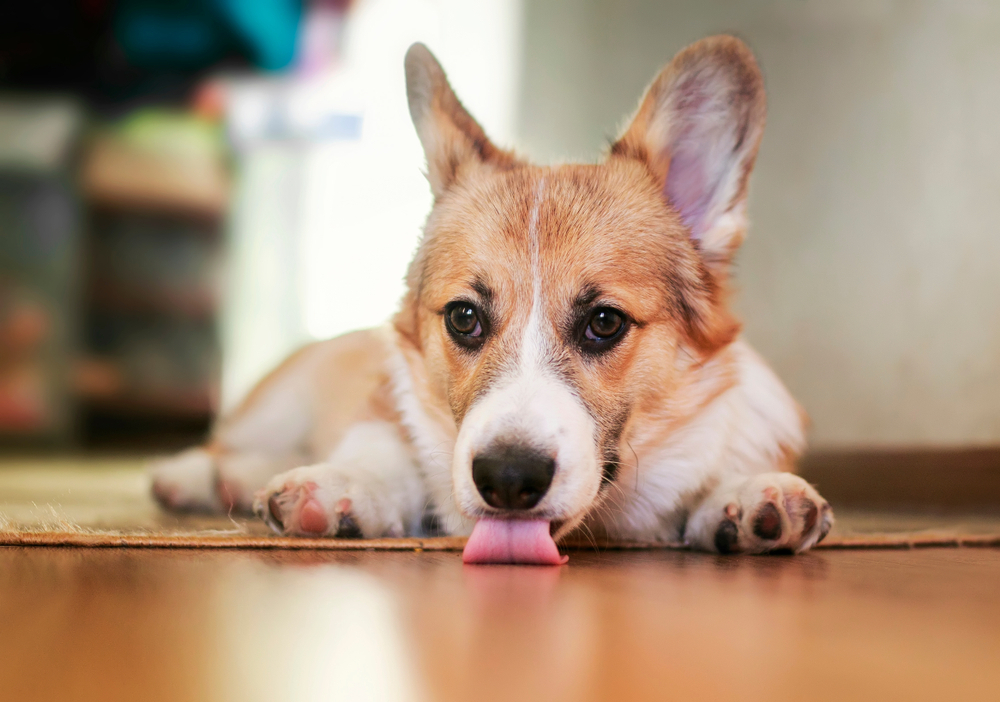
Managing and Preventing Coprophagia
Remain calm if your dog eats poop. Instead of reacting strongly, firmly say “No” and guide them away.
Clean the area thoroughly to prevent recurring behavior. If the problem persists, visit your vet to rule out health issues.
To deter poop eating, promptly clean up after your dog, use deterrent sprays, or consult a professional dog trainer for additional help.
Training commands like “Leave it” can also be effective in managing this behavior.
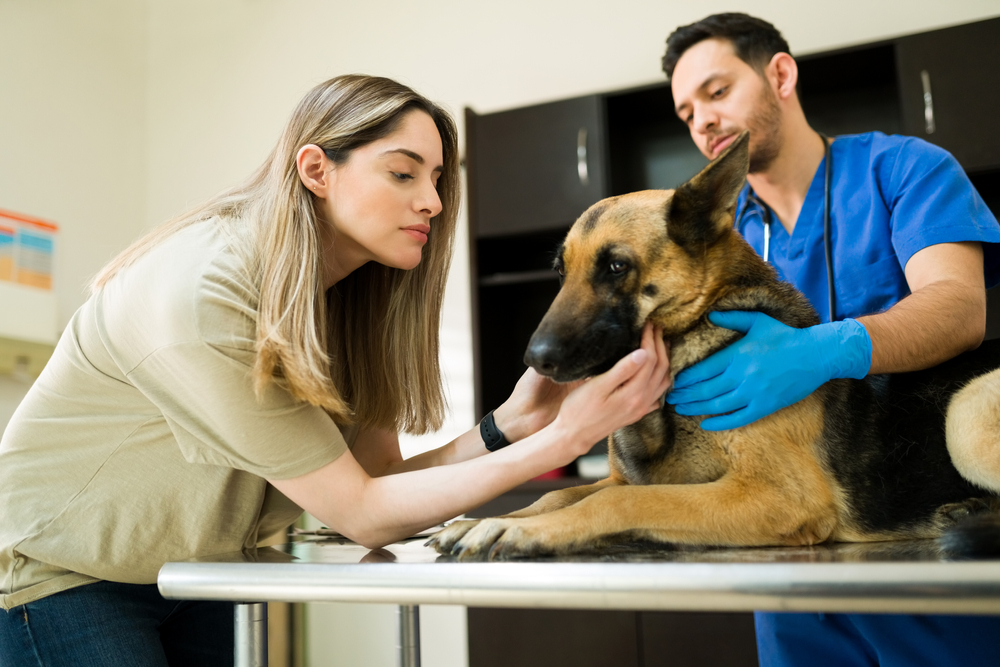
Conclusion
Coprophagia is typical in puppies and nursing dogs but less so in adults. If your adult dog begins this behavior, consult a vet to check for health issues.
If prevention is challenging, consider seeking assistance from a professional dog trainer.
FAQs
Why does my puppy eat poop?
Puppies are naturally curious and may learn poop-eating from their mothers. This behavior is usually harmless but should be discouraged.
Is it dangerous for my dog to eat poop?
Eating their poop isn’t usually harmful, but eating other animals’ feces can cause health issues. It’s essential to manage this behavior.
How can I stop my dog from eating poop?
Use commands like “Leave it,” promptly clean up waste, and consult a professional dog trainer if the problem persists.
References:
- American Kennel Club: Why Dogs Eat Poop (and How to Stop It)
- PetMD: Coprophagia in Dogs
- ASPCA: Understanding Dog Behavior
- VCA Hospitals: Behavioral Problems in Dogs – Coprophagia
- Cesar’s Way: Why Does My Dog Eat Poop?
